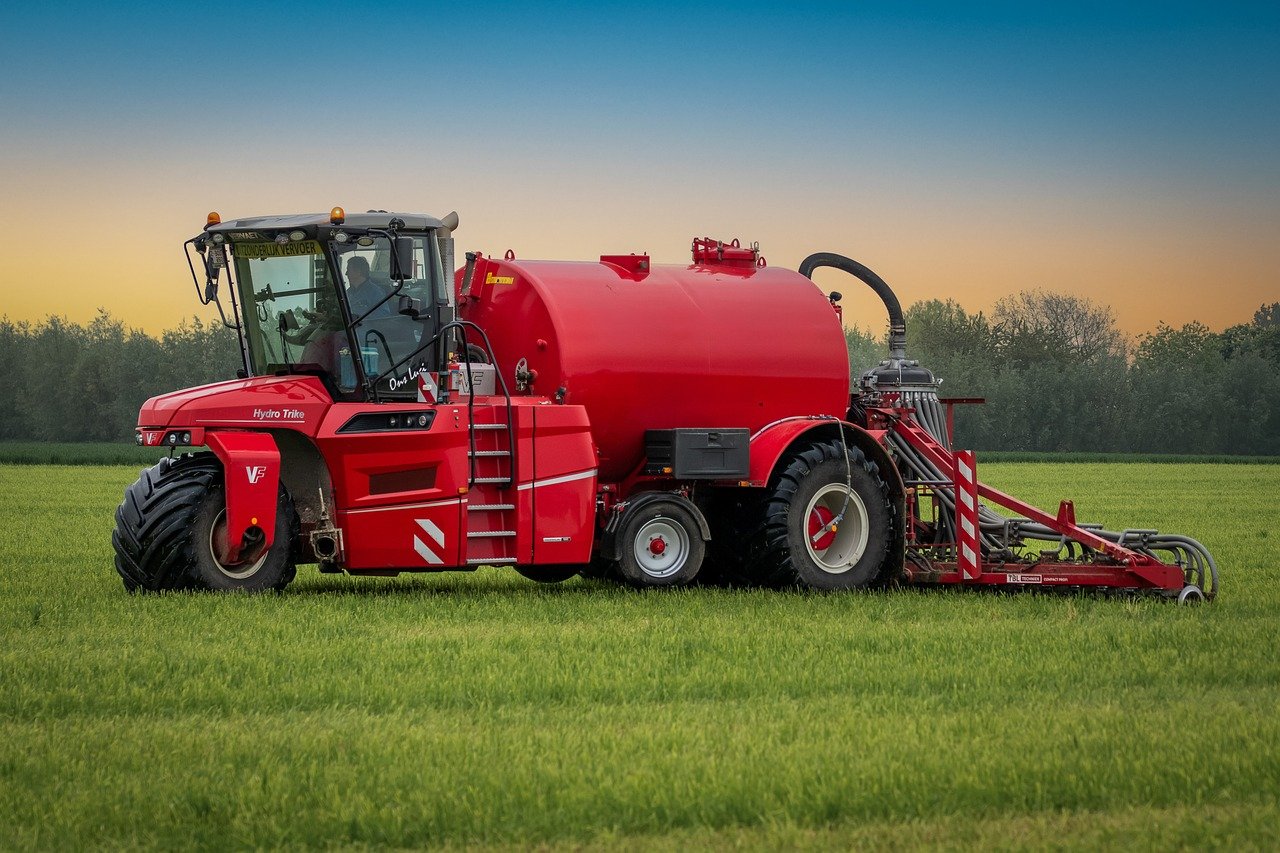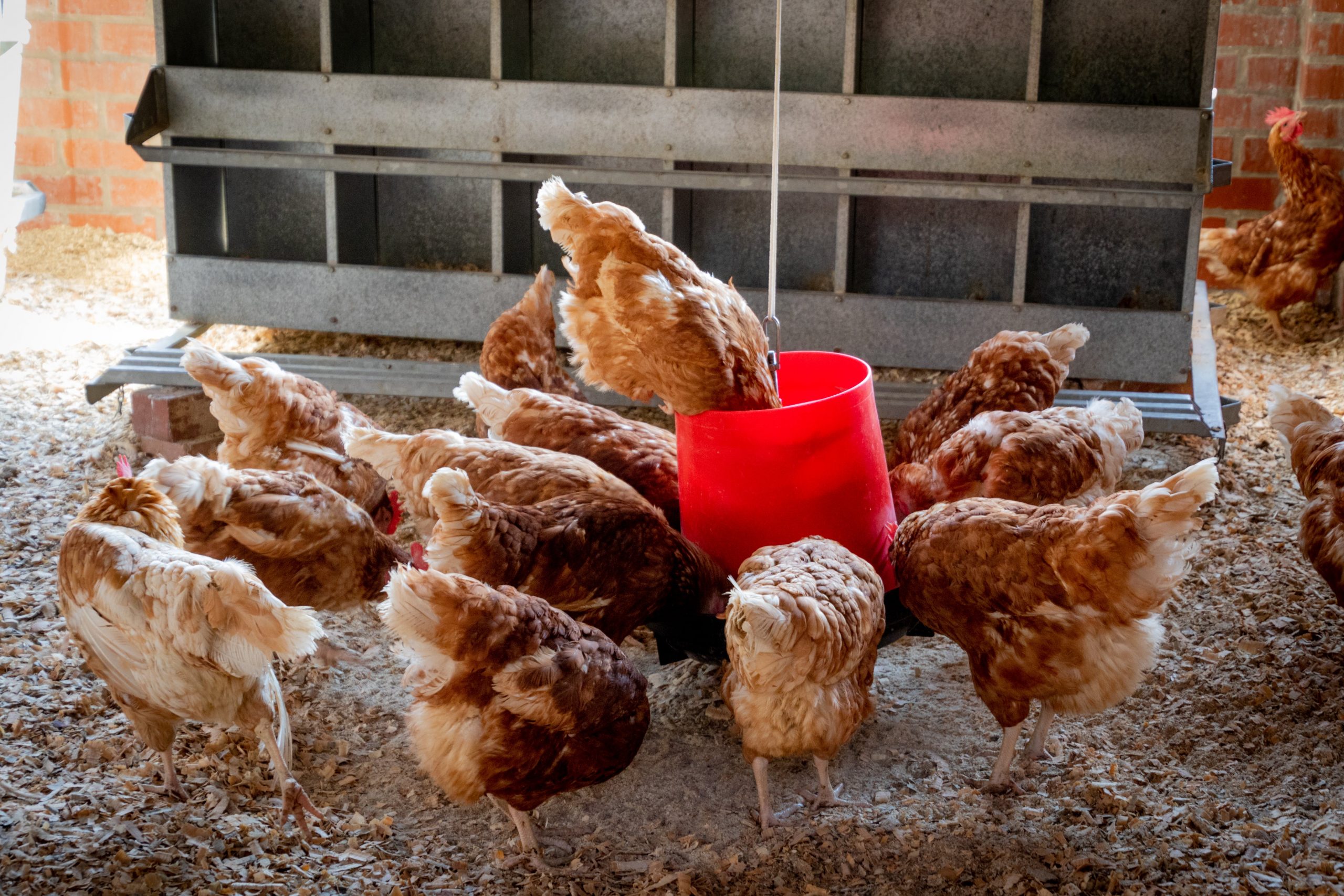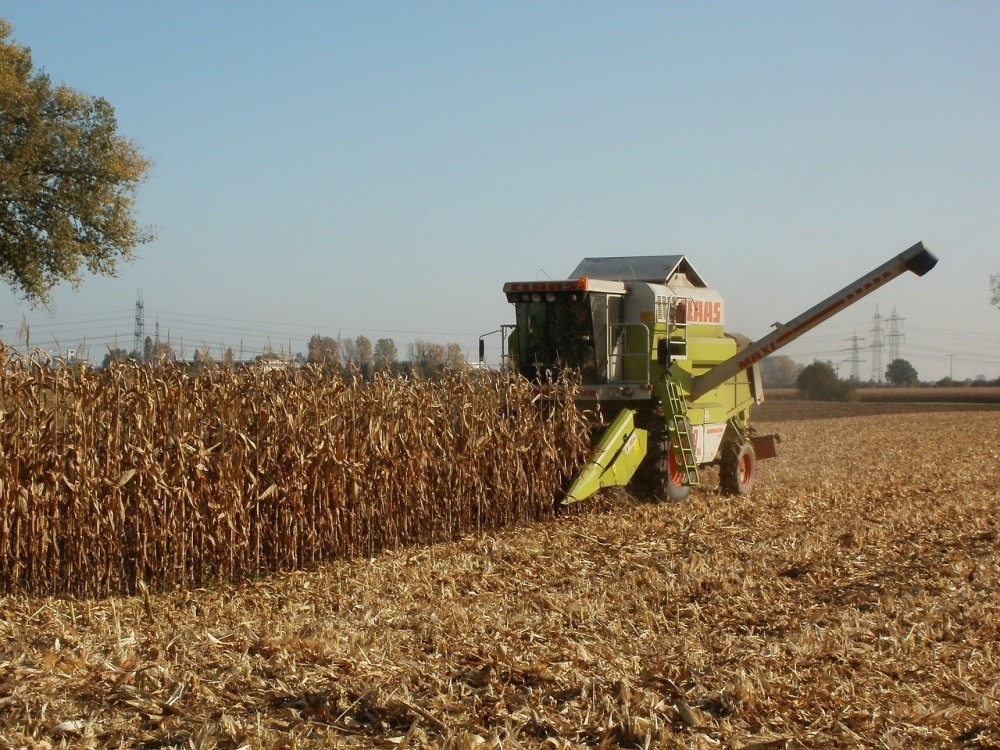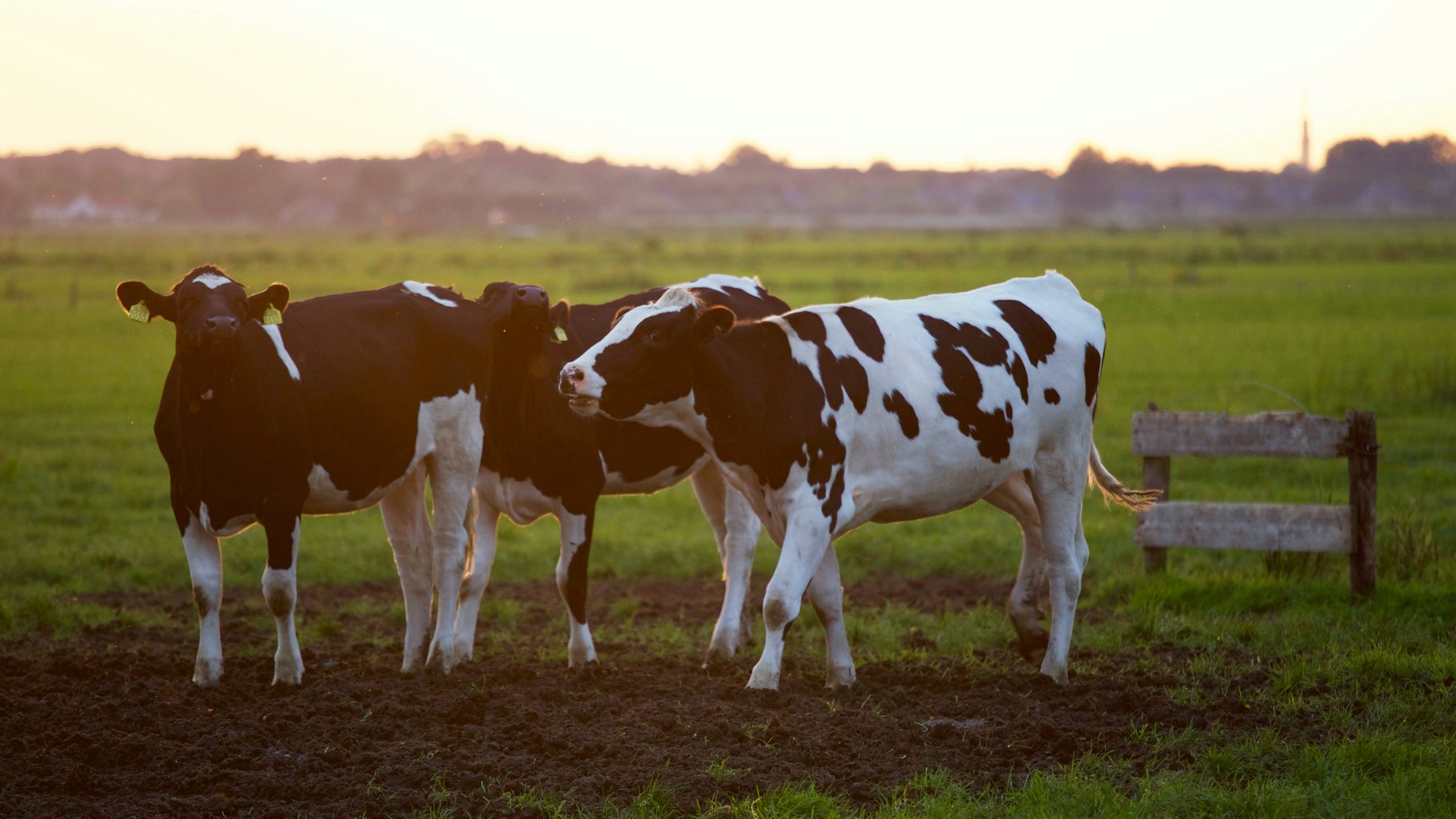
The end of the technical recession can be attributed to the great performance of agriculture.Continue reading

Following the strength seen in the first half of this year, the outlook for the Hungarian food industry continued to improve in the third quarter, with the sector being pulled by the more favorable situation of livestock farmers, reports Magyar Nemzet.
Based on an index, a quarterly analysis published by the MBH bank’s agri-food business, food inflation eased to around 10 percent by autumn, raising hopes that demand for grocery products will improve alongside a rebound in real wages. However, food retail sales are still below normal levels. Dávid Hollósi, managing director of MBH Bank’s agri-food business, said that
2024 will be a year of transition for the agricultural sector.
One year is not enough to recover, supply chains damaged in part by the Russian-Ukrainian war could be restored by 2025, by which time real wages could further strengthen and consumption could also grow substantially, he explained.

Photo: Pixabay
The analysis also pointed to generally favorable weather conditions for the arable sector this year, after last year’s severe drought.
However, their situation has been largely affected by low selling prices and lower profitability than in the past.
This year, maize may be the only crop to be profitable, despite the much smaller area sown in 2023, following the drought of 2022. As a result, the total harvest has shrunk to 5.6 million tons, well below the historical average, but the average yield has been above eight tons per hectare, a level last seen in 2019-2020.
They added that only twenty percent of the wheat harvest was of milling quality, compared to the usual fifty to sixty percent. This has resulted in a lower quantity that can be used by the milling industry, and the pasta industry.
Although food processors may see a decline in both domestic and export sales, livestock farmers and breeders could still benefit from the income restructuring in the short to medium term.

Photo via Pexels
Commenting on the situation of livestock farmers and breeders, MBH Bank analysts noted that they have had to operate efficiently in a difficult environment over the past 10-15 years, which only a significant number of them have managed to do. They have learned to produce efficiently, thus generating higher profits under favorable conditions.
Hollósi also pointed out that
although demand for meat is falling in a recessionary environment, there are products that can provide a cheaper protein alternative, including eggs. Sales of these are expected to increase.
In addition, this winter is forecast to be mild due to El Nino, having replaced La Nina, thus heating costs could be more affordable at lower energy prices than last year, the analysts concluded.
Via Magyar Nemzet, Featured image via Pexels